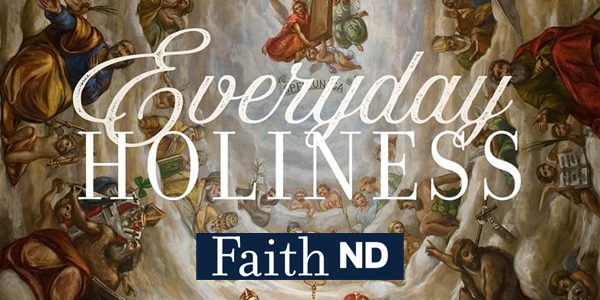As a child, Brandon Vaidyanathan was confronted with confusion and despair, as his mother battled intensifying bouts of schizophrenia. In the midst of this pain, he found that the beauty he experienced in the world around him gave him hope. This hope came in small, simple moments, as he enjoyed the spicy samosas at my school canteen and the intensely sweet ladoos given out at the local Hindu temple.
Elaborating on his recent magazine article “How Beauty Fuels Hope,” Brandon said that one reason that beauty gives us hope is it inspires us with a vision of the ideal. “I think there is hope that we can change oppressive structures – it has to be that confidence in an ideal that is beautiful that can animate us and so both in subtle unconscious and then more conscious and intentional ways I think beauty can shape our commitment to hope.”
The other magazine contributors also touched on how they find hope in the midst of challenging circumstances. For Jonathan Wilson-Hartgrove, his Christian faith has revealed to him how deeply flawed our world is. Jonathan said, “My own faith journey has increasingly led me to recognize that I am a practicing Christian in a world that, according to my own story and tradition, is very unjust and needs to be changed.”
At the same time that it reveals the world’s brokenness, however, Jonathan’s faith also gives him hope. In his piece, “The Hope of a Living Cross,” Jonathan said that the foundation of his hope is found in the life of Christ. “Christianity claims that, in the face of such an impossible situation, we have but one hope: that the Maker of all things who knows better than any of us how the world really works has shown up in the person of Jesus and demonstrated the way to freedom.”
Working as a primary care physician for primarily older patients, Lydia Dugdale encounters daily the need for hope in her patients. As Dugdale said, her and her team “are often met with quite a lot of despair where it’s hard to see a way
forward.” But it is not always possible to give patients hope with reference to Christ, since many of them come from other faith traditions or have rejected faith altogether.
In her magazine contribution, “The Virtue of Hope in the Face of Death,” Lydia makes the case that even those with no religious faith can find hope when confronting death. By hoping, not for union with God, but for a future animated simply by the idea of the infinite good. Though this good might be uncertain and unknowable, “hope, then, can be understood as the habit of orienting time and time again toward that supreme good, recognizing that some sort of good grace will return to us even as we practice leaning in toward the good.”




